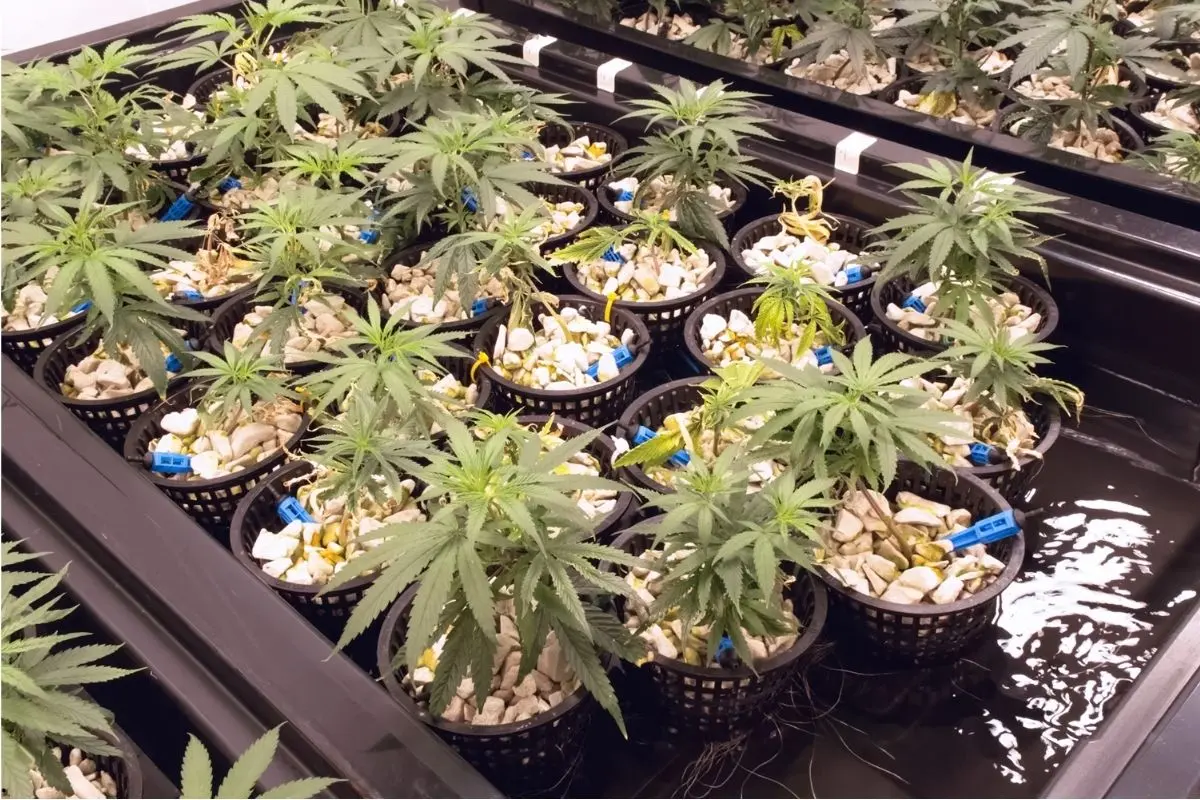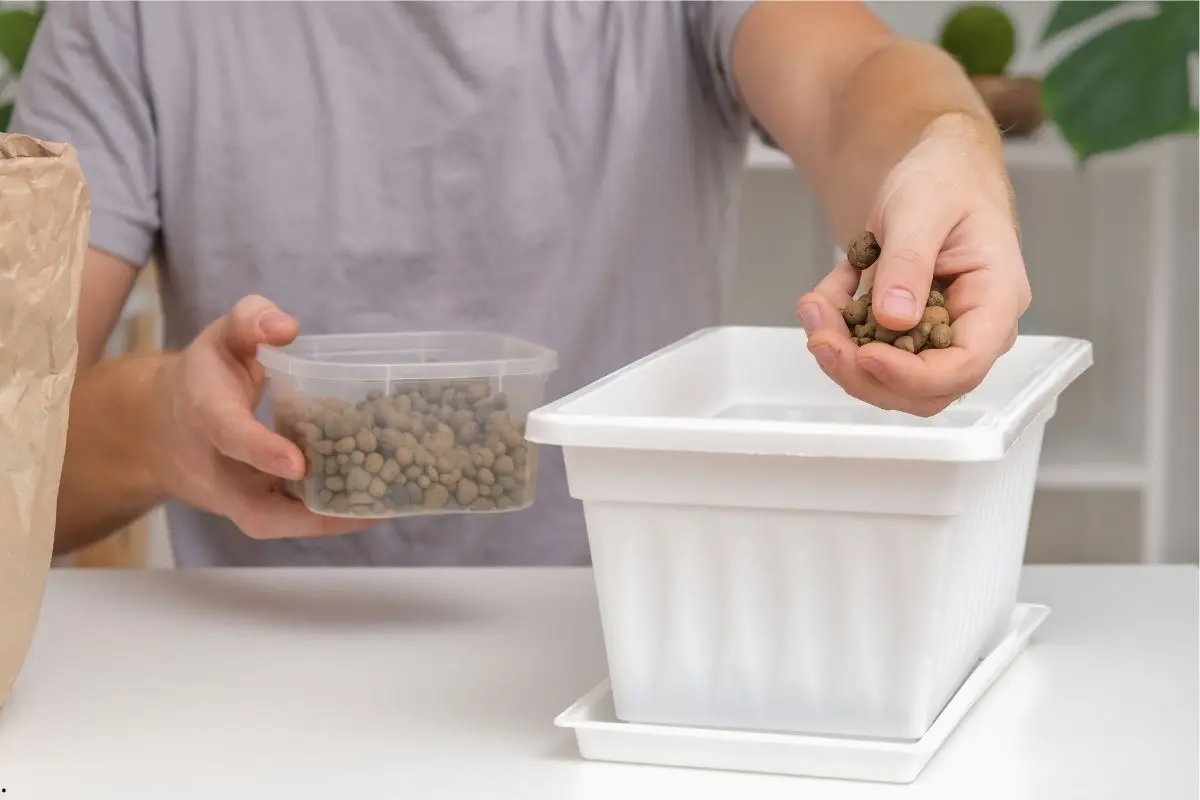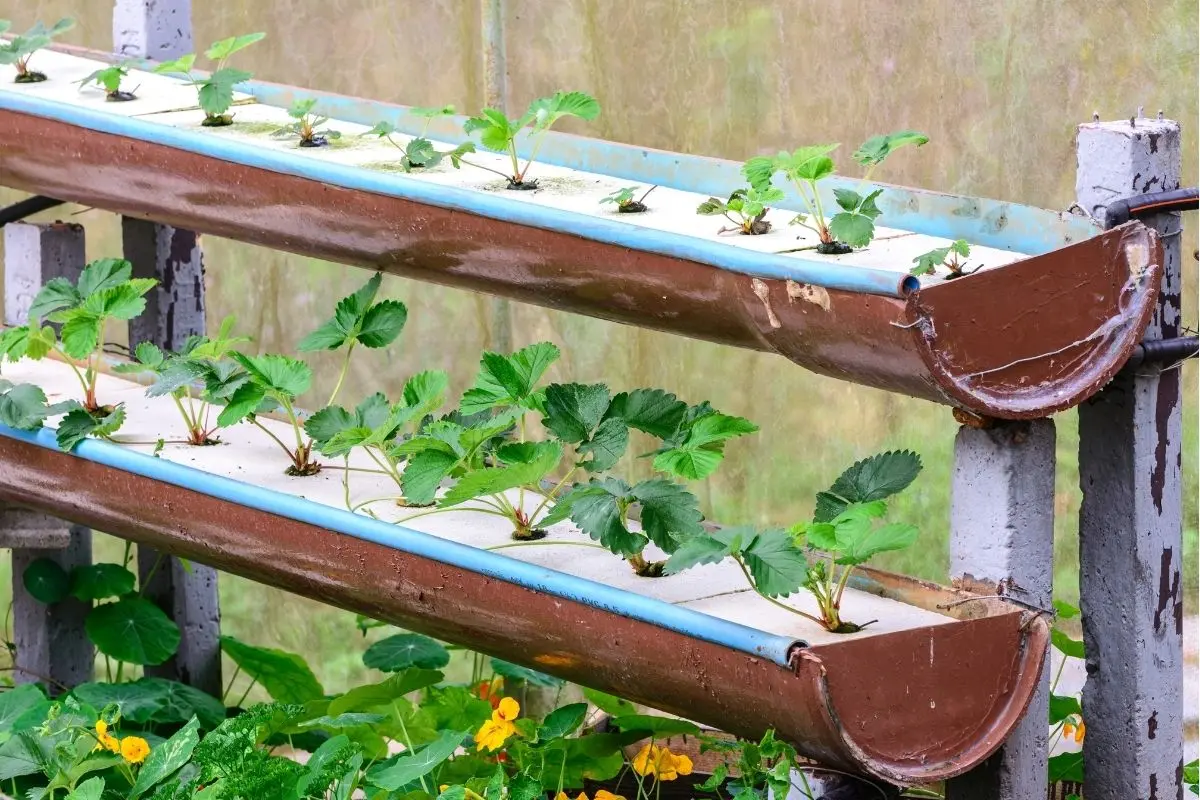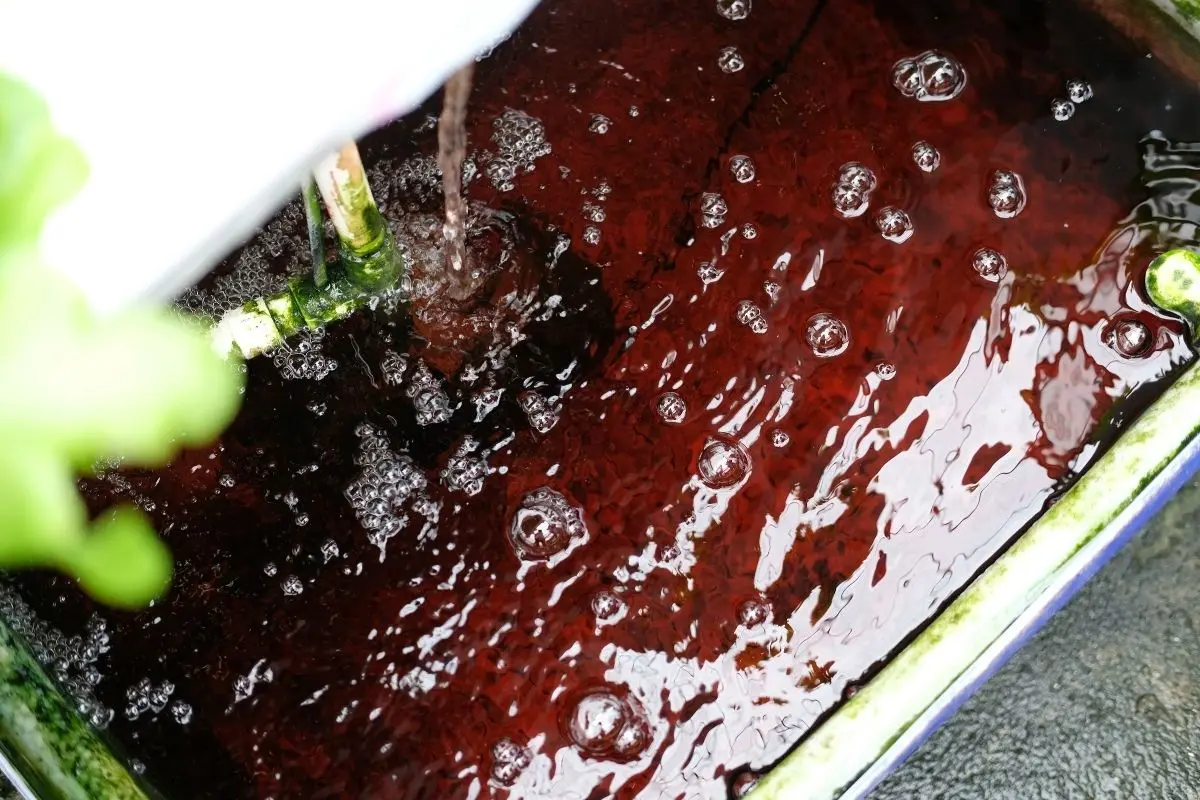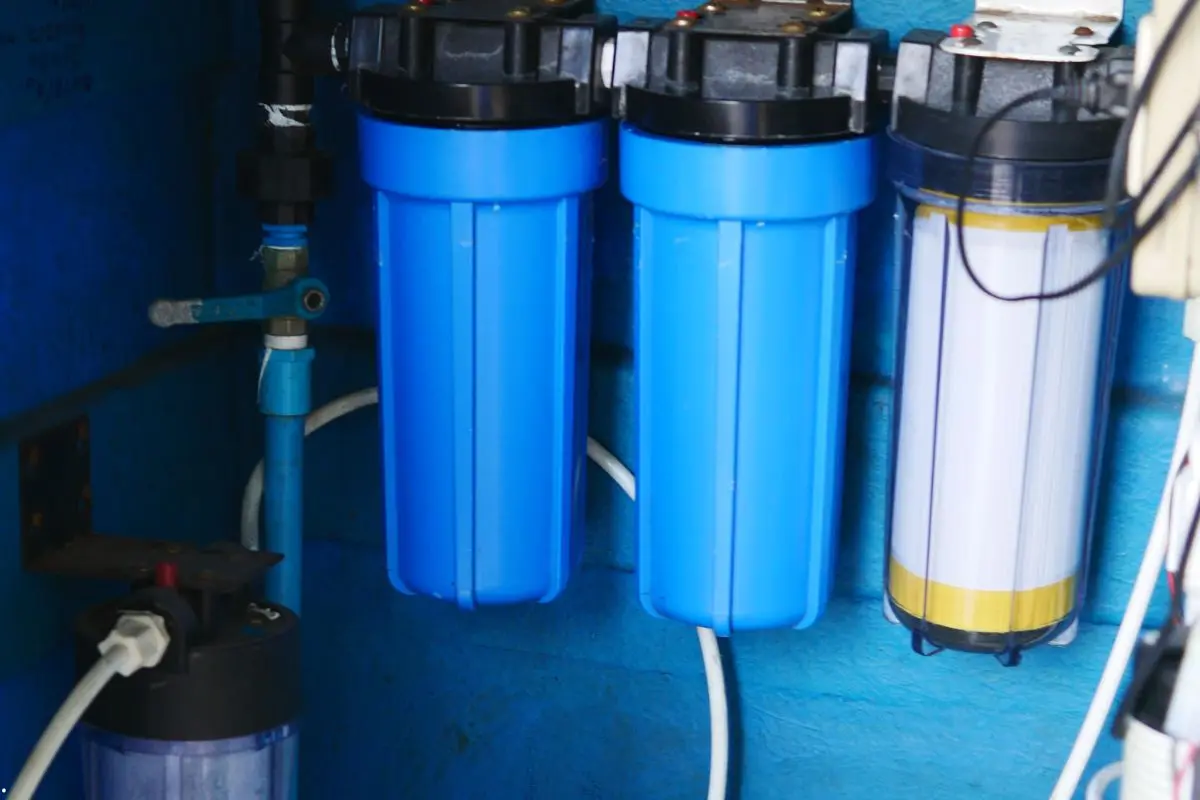Hydroponics has fascinated growers for years – both professionals and hobbyists alike. The ability to control every aspect of plant nutrition and growth is a huge advantage. But with such precision comes a risk: every mistake shows up immediately in the plants. In soil, natural buffers often soften errors; in hydroponics, there is no such safety net. That’s why it’s crucial to understand the most common problems in hydro systems and the best ways to fix them.
1. Algae – the Green Invader
One of the most common issues in hydroponics is algae growth. They appear when nutrient solution or media are exposed to light. Moisture, warmth, and nutrients make the perfect environment for them.
Symptoms: green film on tanks, tubes, or media surface; sometimes a foul odor.
Why it matters: Algae compete with roots for oxygen and nutrients, and in severe cases lead to root rot.
Solutions:
- Keep tanks and pipes lightproof.
- Clean the system regularly.
- Ensure proper water circulation and aeration.
2. Oxygen Deficiency in Roots
In hydroponics, roots rely on the grower for oxygen supply. Poor aeration quickly leads to growth slowdown and root rot.
Symptoms: plants look wilted despite sitting in water, roots turn brown.
Solutions:
- Use air pumps and air stones.
- Maintain water temperature between 18–22°C (warmer water holds less oxygen).
- In NFT systems, ensure a thin film of water instead of stagnant pools.
3. pH and EC Fluctuations
In hydroponics, pH and EC determine nutrient availability. Even small imbalances can trigger deficiencies.
Symptoms: plants look underfed despite fertilization, yellowing or discoloration, stunted growth.
Solutions:
- Test pH and EC daily.
- Adjust pH with up and down solutions.
- Replace the nutrient solution every 7–10 days.
4. Root Pathogens – Pythium and Others
Roots submerged in water are vulnerable to fungal diseases, especially root rot caused by Pythium.
Symptoms: slimy, brown roots; plants suddenly wilt; bad smell from the reservoir.
Solutions:
- Keep nutrient solution below 22°C.
- Ensure strong aeration.
- Sterilize with hydrogen peroxide or similar agents.
- Remove dead organic matter promptly.
5. High Water Temperature
Many beginners focus only on air temperature, forgetting the solution. Warm water (above 24°C) loses oxygen and breeds pathogens.
Symptoms: slow growth, root rot, yellowing leaves despite proper feeding.
Solutions:
- Use water chillers or frozen bottles.
- Insulate reservoirs from heat.
- Monitor temperature daily.
6. Salt Buildup and Nutrient Lockouts
Hydroponics allows precise feeding, but it’s easy to over-fertilize. Excess salts accumulate and block nutrient uptake.
Symptoms: burnt leaf tips, crispy edges, stunted plants.
Solutions:
- Flush the system with clean water periodically.
- Keep EC in the right range.
- Use nutrients designed for hydroponics.
7. Poor System Hygiene
A hydroponic setup is an artificial environment – every part of it can become a contamination source.
Solutions:
- Clean tanks, pumps, and pipes regularly.
- Disinfect after every grow cycle.
- Keep organic debris out of the system.
Conclusion
Hydroponics requires precision, discipline, and cleanliness. Its biggest strength is full control – but that also means that every oversight shows quickly.
The most common problems – algae, oxygen deficiency, pathogens, pH/EC swings, overheating, or salt buildup – usually come from small mistakes in system management. Fortunately, most can be prevented with regular monitoring, good hygiene, and stable conditions.
Hydroponics rewards careful growers: those who learn to avoid pitfalls are granted fast growth, vigorous plants, and excellent harvests.

